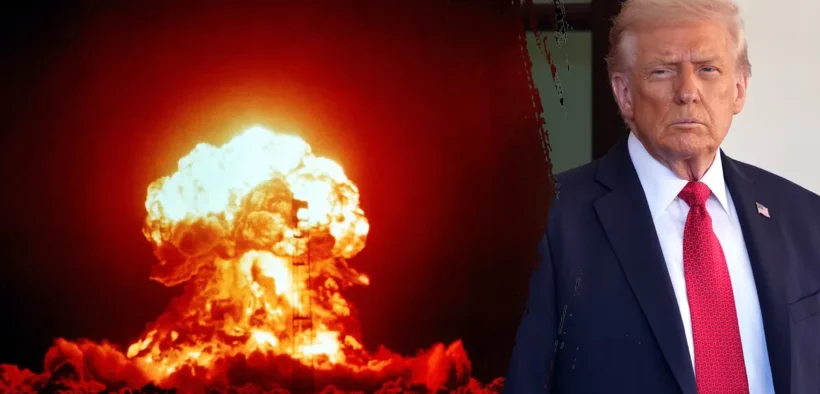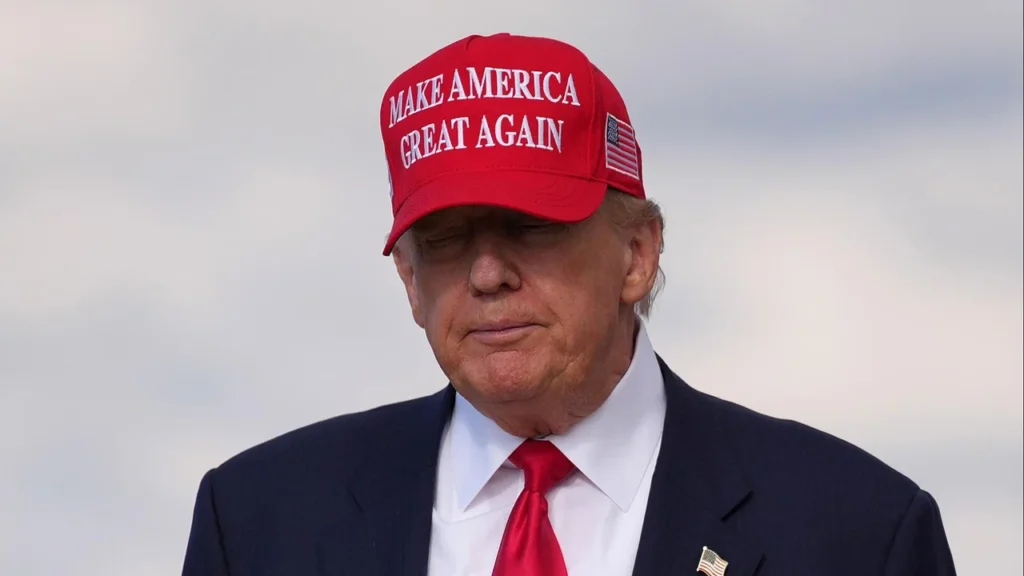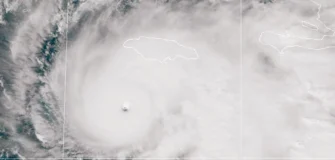President Trump Orders U.S. Nuclear Weapons Testing for the First Time in 30 Years
Share

For the first time in more than three decades, the United States is preparing to resume nuclear weapons testing. President Donald Trump has directed the Pentagon to move forward with plans to restart underground tests, a decision he claims is vital to maintaining America’s military edge against global rivals like China and Russia.
The announcement marks a historic shift in U.S. defense policy, and one that immediately sparked global concern. Nuclear testing was largely halted in the early 1990s under international pressure and growing awareness of the environmental and humanitarian costs tied to such detonations. The U.S. last conducted a nuclear test in 1992, before joining other nations in a voluntary moratorium designed to prevent an arms race.
President Trump, however, argued that renewed testing is necessary to ensure the reliability and effectiveness of the U.S. nuclear arsenal. In his remarks, he framed the move as a matter of “national strength and deterrence,” asserting that adversaries have continued advancing their nuclear capabilities unchecked. “We will not fall behind,” he said.

Critics warn the decision could reignite global tensions and destabilize existing non-proliferation efforts. International observers fear that restarting testing may prompt other nuclear powers to follow suit, undoing decades of diplomatic work aimed at reducing the threat of nuclear war. Lawmakers in Washington, including some from the president’s own party, have urged restraint, calling instead for continued investment in scientific simulations and modernization programs that avoid live detonations.
Defense officials have not released details on when or where the tests might occur, though experts say Nevada remains the most likely location, given its history as the country’s primary nuclear testing site. Environmental advocates and Indigenous groups have already voiced strong opposition, citing the long-term radiation exposure and health damage left behind by past tests in nearby communities.
For many Americans, the announcement feels like a return to a darker chapter of history. The Cold War era left deep scars, from public fear of nuclear annihilation to the lasting impact on families who lived near testing zones. The renewed program raises serious moral, environmental, and geopolitical questions about whether military dominance should once again come at the cost of global safety.
While President Trump’s supporters praise the move as a show of strength, others see it as a dangerous gamble. Nuclear testing could reshape U.S. foreign relations at a time when the world is already grappling with instability and economic strain. With tensions between major powers growing, the decision could set the stage for a new arms race, one that threatens not just military balance but humanity’s future.






